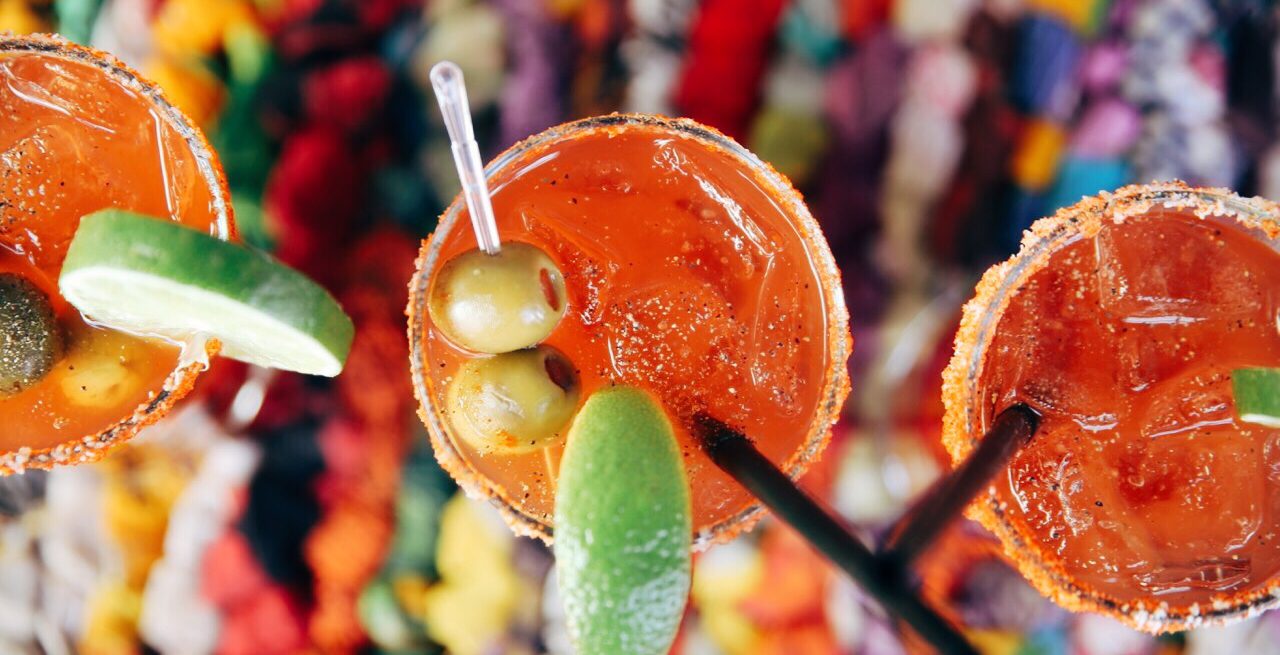Avoiding Running Afoul of Pay-to-Play Alcohol Regulations at Your Restaurant
3 Min Read By Marbet Lewis
Restaurant owners and operators face a question each time a producer or distributor of an alcoholic beverage comes to them with a financial offer: Are we about to break state and federal rules and open ourselves to fines and license suspensions?
The danger has become more tangible in the past year because the U.S. Department of Treasury’s Alcohol and Tobacco Tax and Trade Bureau (TTB) has received $5 million in special funding for investigations. The TTB is working hand in hand with state alcohol regulators to identify and penalize not just those that offer illegal enticements but those that accept them.
These prohibited trade practices are also known as pay-to-play or tied-house violations. As the names imply, a restaurant or other seller of alcoholic beverages provides exclusivity or some other form of preference for a producer or distributor’s products in exchange for payments, gifts, equipment, chargebacks or other unlawful form of financial reward.
Any arrangement, whether written or verbal (or even an unspoken understanding), that limits a restaurant’s ability to purchase varying and competing products is likely illegal.
Various suppliers and distributors have been charged in at least three states over a two-year period with improper practices. In 2016, Washington state regulators accused wholesalers of setting up exclusive arrangements to sell only specified brands at two Seattle concert venues. The state sought a $150,000 fine.
The next year, the California Department of Alcoholic Beverage Control (ABC) charged wholesalers with breaking the law because of alleged impermissible gifts to retailers including the cost of, or partially financed, refrigeration units, television sets and draught systems at retailers in Southern California.
At the time, wholesalers were fined $400,000, one of the largest amounts in California history, and another distributor was assessed $10,000. More important to note for restaurant owners and managers, over 30 establishments received disciplinary sanctions levied against their ABC licenses.
Such practices can result in hefty financial penalties. In 2016, Massachusetts officials found that the commonwealth’s largest distributor of craft beers was paying Boston bars tens of thousands of dollars to stock one brand of beer and not those of competitors. The agency imposed a record-setting $2.6 million fine. The restaurants were called before the state commission to defend their actions.
Restaurants in other states face scrutiny as the TTB steps up its efforts. The agency is partnering with the Illinois Liquor Control Commission to uncover illegal practices in that state. TTB also announced last July that it was coordinating with the Miami office of the Florida Division of Alcoholic Beverages and Tobacco to uncover suspected wrongdoing in its territory.
What practices get restaurants into trouble and how can they prevent them?
Tied-house rules prohibit sales arrangements that can bind them to a supplier through exclusive bar and menu arrangements, purchasing incentives, commercial bribery and even indebtedness. A restaurant cannot purchase products from a supplier to the exclusion, in whole or in part, of other suppliers’ products based on prohibited arrangements or agreements.
As frequently stated, any arrangement, whether written or verbal (or even an unspoken understanding), that limits a restaurant’s ability to purchase varying and competing products is likely illegal.
Similarly, an alcohol beverage producer or distributor cannot give anything of value to a restaurant owner or operator unless the gift is expressly permitted by federal or state law. In California and Massachusetts, refrigerators sold at reduced or no cost have been found to constitute illegal gifts in the eyes of regulators.
When a restaurant gives tap or menu preferences to a supplier or distributor in exchange for unlawful gifts, equipment or charge backs, it can be charged with violating laws that prohibit slotting fees. The term is most often associated with illegal practices at beer, wine and liquor stores, but the same rules apply to restaurants and bars.
Sales inducements from producers and distributors such as prizes and gifts can be considered bribes, and those accepting them can be charged. That can be hard for a food-and-beverage manager to comprehend when rewards that are legal for non-alcoholic products are illegal for alcoholic beverages.
Clearing that confusion starts with an understanding of the law. Restaurant owners need to educate themselves, their managers and their employees on federal and state restrictions and exemptions that impact how they buy, display and promote alcohol products. Compliance efforts should include internal audits such as reviewing current purchasing, sales and promotions practices.
Restaurateurs should also develop internal policies as well as training and educating sales, marketing and staff on prohibited practices. Regulators encourage and often embed these education programs into their penalties. In various cases, distributors have been able to mitigate penalties by agreeing to train and monitor its representatives, and to report regularly on their sales practices to regulators.
When restaurant owners implement instruction, they not only reduce the likelihood that their employees will break the law, they increase their chance of having fines mitigated when violations occur. Regulators including the TTB may recognize good-faith efforts to comply with regulations and adjust their penalties as permitted by law.
Establishments need to start training programs now. The TTB and state agencies are committed to enforcement and prosecution. Education and compliance offer the best shields against liability.


